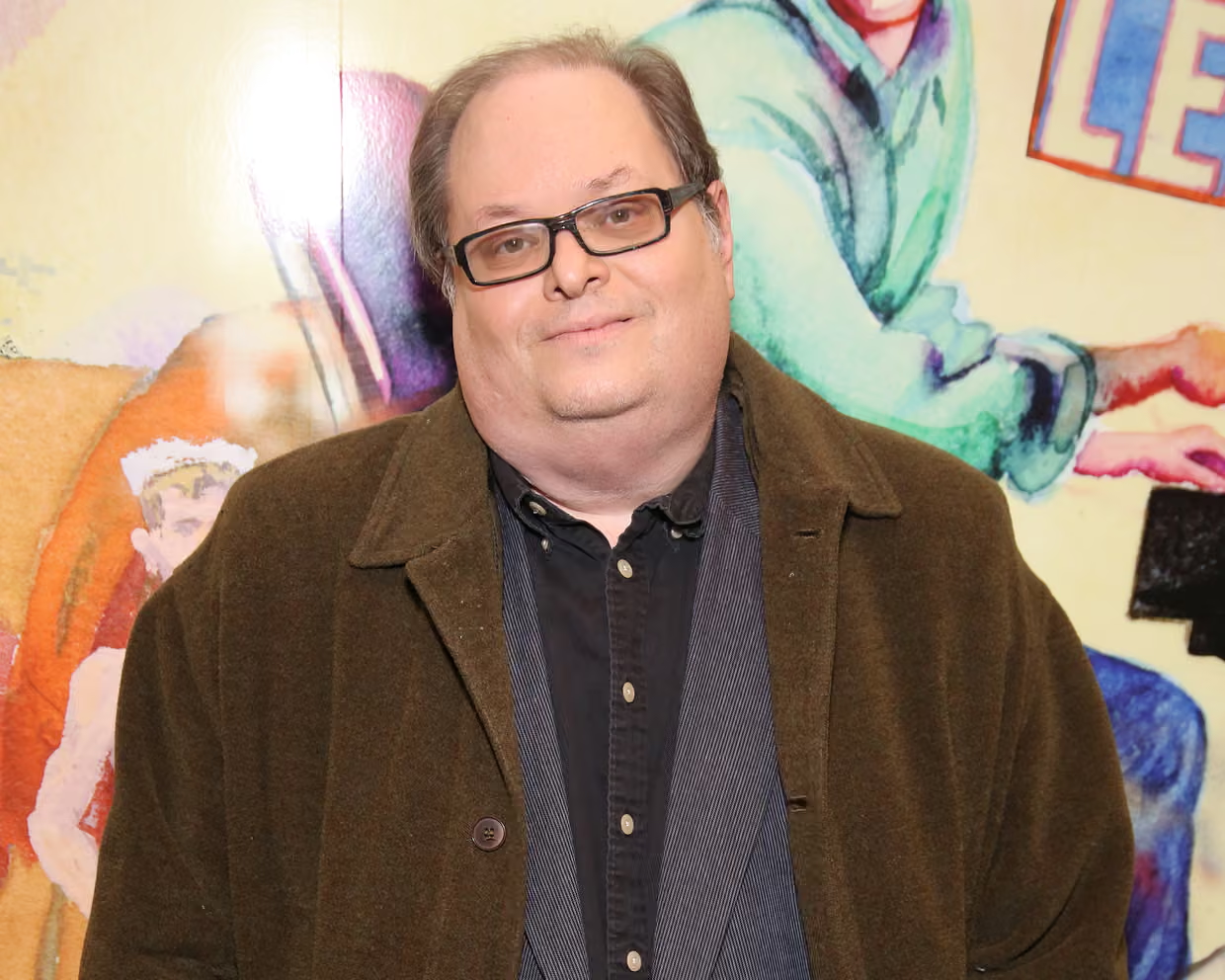Farewell to Richard Greenberg: The Quiet Genius of American Theatre
The world of theater mourns the profound loss of Richard Greenberg, the celebrated playwright whose keen intellect, literary elegance, and compassionate storytelling forever changed the fabric of American drama. Greenberg passed away at the age of 67 after a battle with cancer, leaving behind a legacy that will endure on stages and in hearts for generations to come.
Described by many as “the American Noël Coward,” Greenberg had an uncanny ability to explore the fragile complexities beneath the polished veneers of middle-class American life. His breakthrough work, Eastern Standard (1988), dissected the ambitions, insecurities, and interconnected lives of young professionals with wit, poignancy, and quiet brilliance. But Richard was never about mere satire — his plays sought truth, even when it came in soft, uncomfortable whispers.
A Voice That Moved American Theatre Forward
While many of his contemporaries — like Mamet and Shepard — wrote with raw ferocity and confrontation, Greenberg’s power was in his subtlety. His words were carefully chosen, his characters flawed but richly drawn, and his narratives soaked in emotional depth. He was a playwright who didn’t just capture moments; he captured people, often stuck between what they wanted and what life allowed them.
A self-professed lover of Fitzgerald, Wharton, and Henry James, Greenberg infused his work with literary sophistication while remaining deeply accessible. His characters weren’t revolutionaries or villains — they were us. Anxious, self-aware, romantic, disillusioned — Greenberg gave the audience mirrors and let us decide what to see. Through dozens of acclaimed productions, he not only entertained but prompted introspection in the most graceful way imaginable.
Remembering a Master, Mourning a Loss
Richard Greenberg’s passing is not just a loss for the theater world; it’s a loss for anyone who has ever sat in the dark of a playhouse and felt seen. He gave voice to quiet anxieties, subtle longings, and the emotional gray areas we all navigate. His influence stretched beyond Broadway and touched writers, actors, directors, and audiences who found something achingly real in his stories.
Though he may no longer write new lines for us to hear, the echoes of his words remain—resonant, sharp, compassionate, and unforgettable. The playwright who once wished to be an architect ended up building something even more lasting: a body of work that forms the foundation for understanding human complexity on stage.
As the curtain falls on the life of Richard Greenberg, his legacy shines brighter than ever. The stage is quieter now, but the stories he told will continue to speak volumes.




